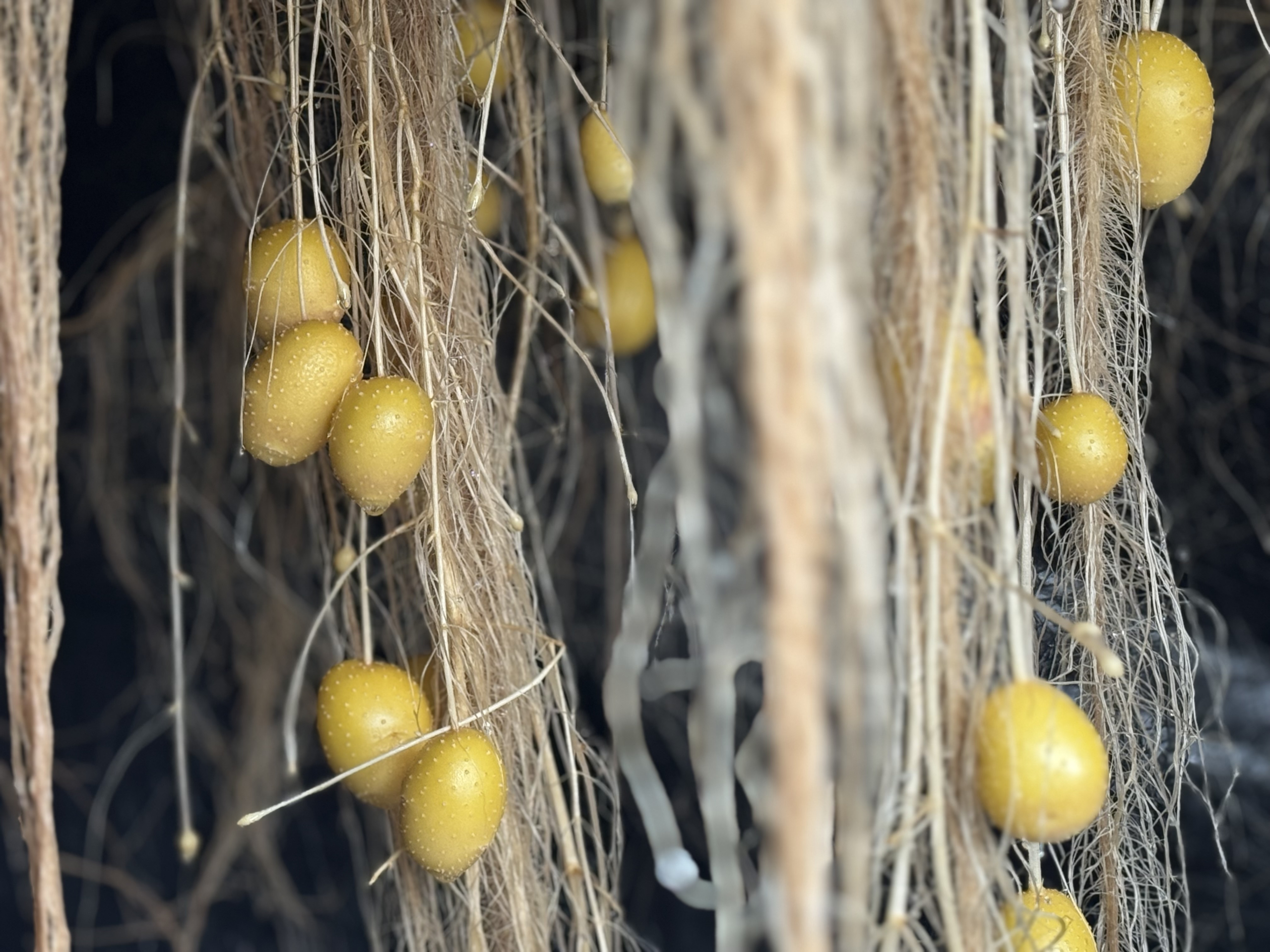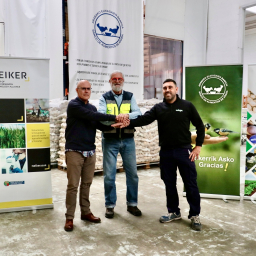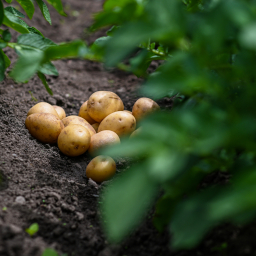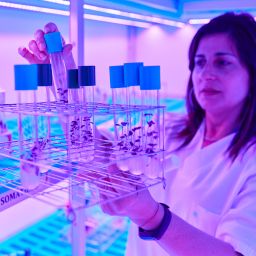NEW
International experts update global standards for seed potato quality at NEIKER
15 October 2025- Throughout the event, the technology centre will showcase its leadership in innovation and present the results of the European PATAFEST project.
This week, NEIKER’s headquarters in Arkaute (Álava) is hosting the Seed Potato Rapporteurs’ Meeting 2025, organised by the United Nations Economic Commission for Europe (UNECE) and supported by the Spanish Government and the Basque Government. The meeting brings together government delegations, certification authorities and international seed potato experts to review and update International Standard S-1, the standard that regulates the quality, traceability and health requirements for seed potatoes in international trade.
The choice of Álava as the venue for this meeting reflects its historic role in the improvement and production of seed potatoes. ‘The Iturrieta Potato Improvement Station, founded in 1933, was a pioneer in tuber selection and health, contributing to the development of varieties adapted to diverse growing conditions in Spain. This tradition continues today at NEIKER, where we maintain a leading role in the production and certification of seed potatoes,’ says Amaia Ortiz, head of the Plant Production and Protection Department at the technology centre.
To address this issue in depth, the conference combines technical presentations and debates on certification, plant health and updates to international regulations, with the aim of tackling the challenges posed by emerging and re-emerging crop diseases, driven by globalisation and climate change. ‘Keeping the S-1 Standard up to date is essential for incorporating inspection protocols adapted to these threats and for aligning international standards with the sustainability objectives of the European Green Deal,’ says Iranzu Nanclares de Gamboa, head of potato certification at the Basque Government.
The planned activities include a technical visit to NEIKER’s germplasm bank, which preserves more than 300 potato varieties, and to its aeroponic cultivation facilities, where first-generation base potatoes are produced. This system, with a capacity of 100,000 mini-tubers per year, allows for substrate-free cultivation under fully controlled conditions, guaranteeing seed health and reducing water consumption by 30% and fertiliser consumption by 50%.
Strategies for pest control
Attendees will also be able to see first-hand the results of the European PATAFEST project, which seeks to develop sustainable pest and disease control strategies that compromise the quality and health of seed potatoes. Among the advances presented are the identification of post-harvest pests and pathogens, as well as new strategies to control Zebra Chip disease, developed in collaboration with international entities.
The project also explores the use of artificial intelligence-based digital tools for the early detection of pathogens in the field through images taken with mobile devices, as well as innovative post-harvest storage solutions, such as biocontrol coatings and volatile organic compound sensors, which help minimise losses and preserve the quality of the tubers.
Through this research and various technical presentations, the conference seeks to respond to the phytosanitary challenges facing potato cultivation and highlight the importance of keeping international standards up to date to ensure the health and sustainability of the tuber. At the same time, the event serves to strengthen international collaboration and share technical knowledge among the main players in the sector.
About UNECE
The UNECE is one of the five regional commissions of the United Nations and its functions include the harmonisation of agricultural quality standards. In the case of seed potatoes, its S-1 standard defines the international requirements for varietal identity, health, traceability and tuber quality, ensuring fair and safe trade between producing and purchasing countries.






